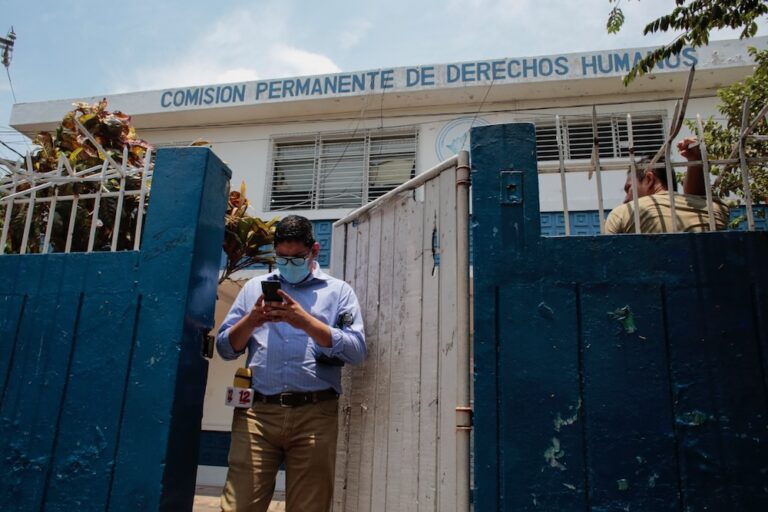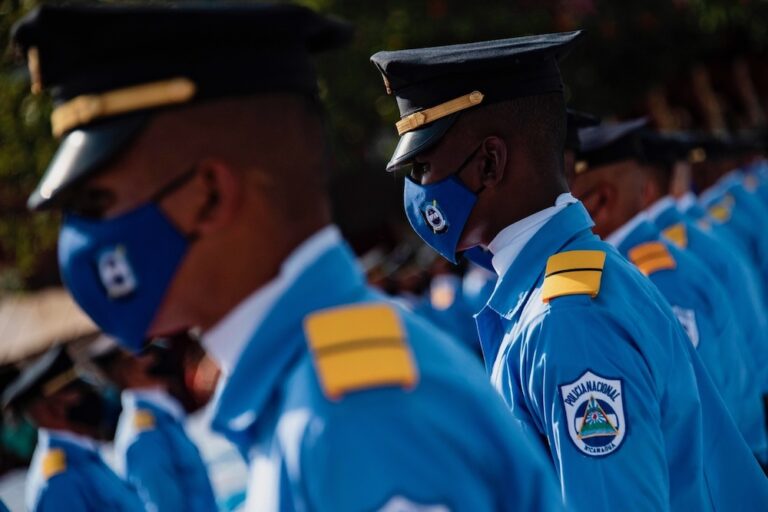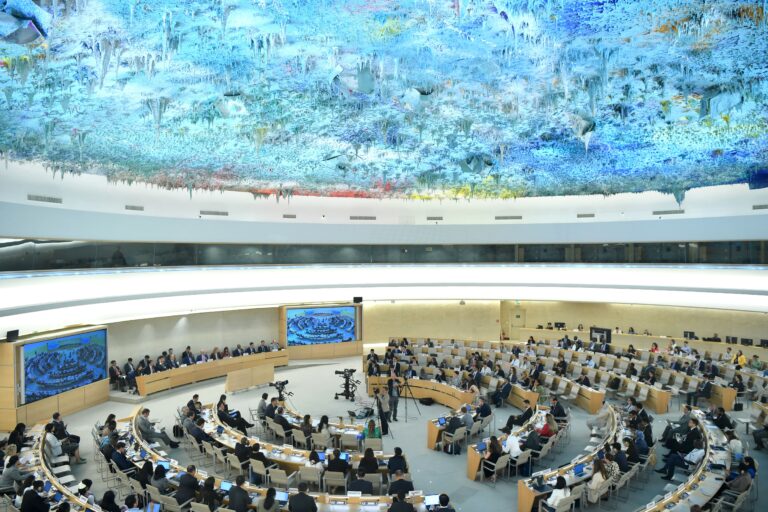IAPA said the bill would result in "absurd censorship, self-censorship and serious repression of journalists and the news media."
(IAPA/IFEX) – Miami, February 9, 2011 – The Inter American Press Association (IAPA) today criticized a legislative bill introduced by Nicaragua’s Supreme Court that would make “media violence” a new criminal offense, saying it would cause “absurd censorship, self-censorship and serious repression of journalists and the news media.”
Intended to reduce the high number of crimes against women, a bill was introduced in the Legislative Assembly on February 3rd to include in the Penal Code the offenses of “femicide” and “media violence,” which would then be used in an attempt to prevent women from being disparaged and satirized.
Art. 35 of the proposal submitted by Supreme Court Chief Justice Alba Luz Ramos would impose fines equivalent to 200 to 300 days’ wages on “the owner of a news media outlet, the person or social communicator who in the exercise of his or her profession offends, libels, satirizes or denigrates a woman through a news media outlet for the mere fact of being a woman”. The bill would also require the offender to apologize publicly in the same media for the same amount of time or space.
The chairman of the IAPA’s Committee on Freedom of the Press and Information, Robert Rivard, said, “Protection of women and any person in the media is already established under normal libel laws, so there is no need for special legislation that could later be used to the detriment of freedom of the press.”
With reference to the violence against women, Rivard, editor of the San Antonio Express-News, Texas, clarified, “The debate in Nicaragua draws attention because, in the name of protection, violence is being blamed on the media; or, even worse, the real intent is disguised – the intent to over-protect women in public office in order to prevent their being the object of criticism, satire and caricature, all of which are part of editorial opinion and press freedom.”
Rivard added that the fines and other penalties, which he called “absurd censorship,” would end up giving rise to a “framework of self-censorship and serious repression of the work of journalists and news media,” who would see their ability to air criticisms and opinions about officials on matters of public interest curtailed. “This new offense of ‘media violence’ should be seen from the point of view of press freedom and not of crimes of a certain kind,” he added.


